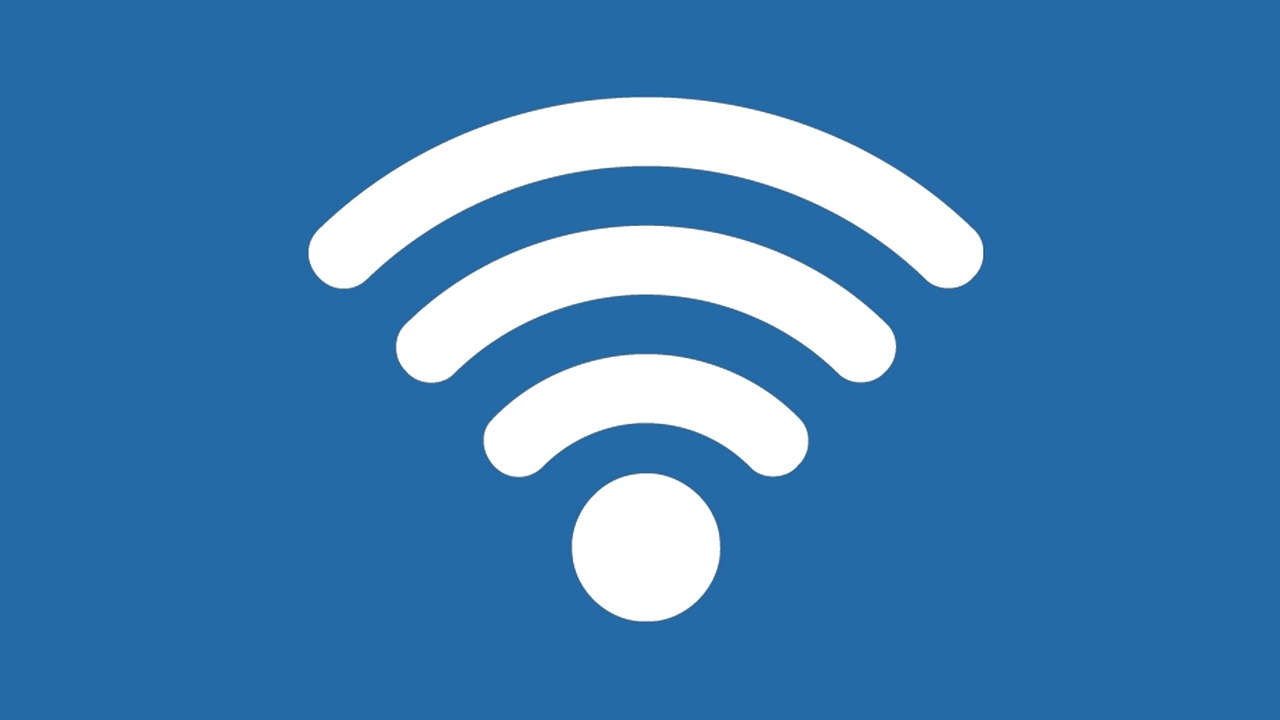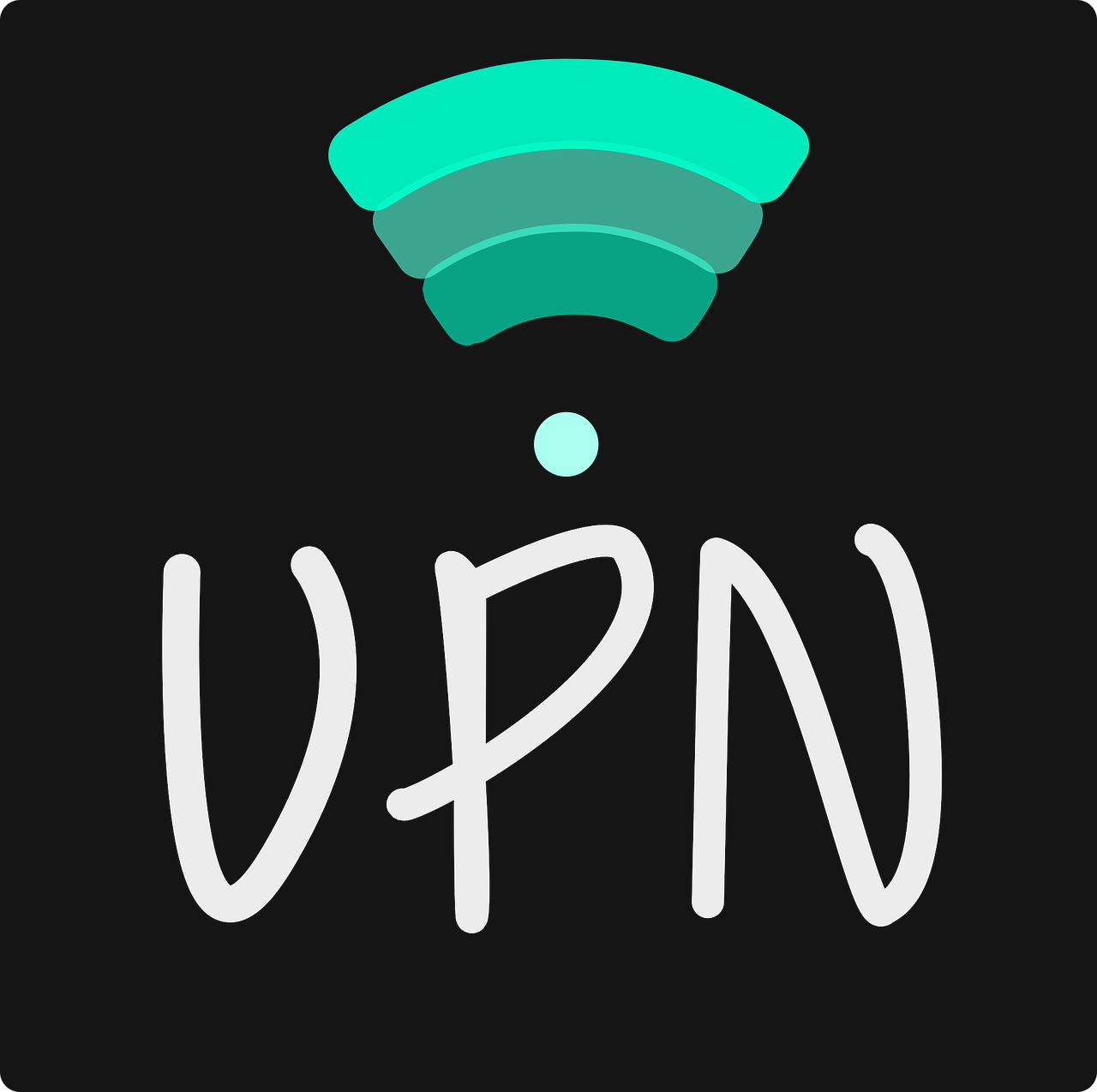Can You See Search History on WiFi Bill? Read on to find out…
Understanding the intricacies of internet privacy is essential in the digital age. One common concern is whether search history can be viewed on a WiFi bill.
This article will explore this question in detail, examining how internet data is tracked, what information appears on a WiFi bill, and what steps can be taken to maintain privacy.
By the end of this comprehensive guide, you’ll have a clearer understanding of the relationship between WiFi usage and billing information.
Overview of Internet Privacy Concerns
Privacy is a significant concern for many internet users in today’s connected world. With the rise of data breaches and increasing awareness of digital footprints, understanding how your online activity is tracked and what others can see is crucial.
One frequent question is whether search history can be viewed on a WiFi bill. This concern stems from the fear that private browsing habits might be exposed to those who manage the WiFi network or pay the bill.
Importance of Understanding WiFi Billing
WiFi bills typically contain a variety of information related to your internet usage. Understanding what information is included and what is not can help alleviate privacy concerns. It also lets you take the necessary steps to protect your personal data from unwanted scrutiny.
How WiFi and Internet Tracking Work
The Basics of WiFi
WiFi is a technology that allows devices to connect to the internet wirelessly. It uses radio waves to transmit data between your device and a router, which then connects to the internet via a wired connection.
This process is facilitated by an Internet Service Provider (ISP), which supplies the necessary infrastructure and bandwidth for Internet access.
How Internet Service Providers (ISPs) Track Data
ISPs play a critical role in managing and monitoring internet traffic. They keep data usage logs for various purposes, such as billing, network management, and compliance with legal requirements. However, the specific details tracked and stored by ISPs can vary. Generally, ISPs track the following information:
- Data usage: The total amount of data transferred during a billing cycle.
- Connection times: When a device connects and disconnects from the internet.
- IP addresses: The unique identifier assigned to each device on the network.
It is important to note that while ISPs track these details, they do not typically monitor the specific websites you visit or your search history directly. Instead, they focus on the overall data usage and connectivity metrics.
What Information Appears on a WiFi Bill?
Typical Details Included
A standard WiFi bill from an ISP generally includes the following information:
- Account holder details: Name, address, and contact information of the person who pays the bill.
- Billing period: The time frame for which the bill is applicable.
- Data usage summary: The total data used during the billing period.
- Charges and fees: Breakdown of the monthly charges, including any additional fees for exceeding data limits or other services.
What’s Not Included: Search History and Specific Sites
Contrary to popular belief, WiFi bills do not contain detailed information about your search history or the specific websites you visit.
This data type is considered sensitive and not included in billing statements. ISPs may be able to track more detailed information, but they typically do not include it in bills due to privacy concerns and regulatory guidelines.
Can WiFi Owners See Search History?
Router Logs and Monitoring Tools
While ISPs do not provide search history on WiFi bills, WiFi network owners (such as parents or employers) may have ways to monitor internet activity through router logs and specialized monitoring tools. Routers often have built-in logging features that can track:
- Websites visited: URLs of the websites accessed through the network.
- Devices connected: A list of devices currently or previously connected to the network.
- Data usage per device: The amount of data each device uses on the network.
Additionally, various third-party tools and software can provide more detailed monitoring capabilities, such as tracking search history, monitoring real-time activity, and setting usage limits.
Legal and Ethical Considerations
Monitoring internet usage on a WiFi network raises several legal and ethical issues. While network owners have the right to oversee activity on their network, they must also respect users’ privacy.
In many jurisdictions, monitoring someone’s internet activity without their consent is illegal. It is essential for network owners to be transparent about any monitoring practices and to use such tools responsibly.
Recommended Identity Protection Services
While your WiFi bill doesn’t reveal your search history, other ways your online activities could be tracked or exposed.
To help protect your digital privacy and identity, consider using one of these reputable identity protection services:
OmniWatch
Offers comprehensive identity monitoring, including dark web surveillance and credit report tracking. Their service alerts you to potential threats and assists you if your personal information is compromised.
Incogni
Specializes in data removal from public records and data broker databases. They work to reduce your digital footprint and minimize the amount of personal information available online.
DeleteMe
Focuses on removing your personal information from people search sites and other public databases. They offer ongoing monitoring and removal services to keep your data private.
These services can provide an extra layer of protection for your online privacy, complementing other security measures you may already have in place.
How to Protect Your Internet Privacy
Using VPNs and Encryption
One of the most effective ways to protect your internet privacy is by using a Virtual Private Network (VPN).
A VPN encrypts your internet traffic and routes it through a secure server, masking your IP address and making it difficult for ISPs or network owners to monitor your activity. This adds a layer of security and ensures that your online activities remain private.
Browser Privacy Settings and Incognito Mode
Most modern web browsers offer privacy settings and incognito modes that can help protect your search history and browsing habits.
Incognito mode, for example, prevents the browser from storing your search history, cookies, and other temporary data. While this does not make you completely anonymous, it does help reduce the amount of information stored locally on your device.
Regularly Clearing Cookies and Cache
Clearing cookies and cache from your browser regularly can help maintain your privacy. Cookies are small files stored on your device that track your online activity, while cache stores temporary data from websites you visit. By clearing these, you can reduce the data that others could access.
Alternative Methods of Monitoring Internet Usage
Parental Control Software
For parents concerned about their children’s internet usage, parental control software offers a range of monitoring and management features. These tools can:
- Block inappropriate content: Prevent access to websites with adult or harmful content.
- Set usage limits: Restrict the amount of time children can spend online.
- Monitor activity: Track websites visited and searches performed.
Network Monitoring Tools
Network monitoring tools are available for those who need to oversee internet usage on a larger scale, such as in businesses or public WiFi networks.
These tools provide detailed insights into network performance and user activity, allowing network administrators to manage and optimize usage effectively.
Myths and Misconceptions
Common Misunderstandings about WiFi Bills and Privacy
There are several myths and misconceptions surrounding WiFi bills and internet privacy. Some of the most common include:
- Myth: WiFi bills contain detailed search history and website visits.
- Reality: WiFi bills typically include data usage summaries and charges, not detailed browsing history.
- Myth: ISPs are constantly monitoring and recording all online activities.
- Reality: While ISPs track data usage and connection times, they do not usually monitor specific browsing activities unless required by law.
- Myth: Using incognito mode makes you completely anonymous online.
- Reality: Incognito mode helps protect local browsing data but does not prevent ISPs or network owners from tracking your online activities.
Conclusion
Understanding what information appears on a WiFi bill and how internet usage is tracked is crucial for maintaining privacy. Essential points covered in this article include:
- WiFi bills do not contain search history or specific website visits.
- ISPs track data usage and connection times but not detailed browsing activities.
- Network owners can monitor internet activity through router logs and specialized tools.
- Using VPNs, browser privacy settings, and regularly clearing cookies can help protect your privacy.
Final Thoughts on Maintaining Privacy
In an increasingly connected world, protecting your internet privacy is more important than ever.
By understanding how WiFi billing works and implementing effective privacy measures, you can ensure that your online activities remain confidential and secure. Remember to stay informed about the latest privacy tools and practices to keep your digital footprint under control.
INTERESTING POSTS
About the Author:
Daniel Segun is the Founder and CEO of SecureBlitz Cybersecurity Media, with a background in Computer Science and Digital Marketing. When not writing, he's probably busy designing graphics or developing websites.












